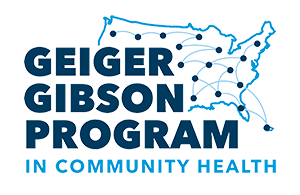Our latest data note, Federal Grants are Essential to Community Health Centers, examines the role of federal health center grants in supporting health center services and operations.
Federal Section 330 grants support the costs of caring for people who are uninsured. They also help support services for low-income insured patients who need care that insurance does not cover, such as adult vision and dental care. Finally, federal grants enable CHCs to meet staffing and related costs related to launching, extending hours, or adding accessible service locations. In 2021, federally funded community health centers served 14,276 communities across all 50 states, DC, and the US territories.
Look-alike health centers, which served 399 communities across 31 states and DC in 2021, meet all Section 330 requirements but do not receive federal 330 grants and instead rely on state and local grants to meet health center requirements aimed at ensuring affordable care for uninsured and underinsured people. While state and local grants are extremely important, funding levels are modest and the capacity of states and localities to support CHCs is clearly limited. Because look-alikes lack the resources made available through federal grants, they are more Medicaid dependent, more dependent on privately insured patients, and substantially less able to make care affordable to uninsured people.
The evidence, drawn from analysis of UDS data, underscores the crucial role of federal grants in enabling community health centers to fulfill their mission and reach underserved rural and urban communities and those in greatest need. The importance of federal grants will only expand as states begin the process of unwinding continuous Medicaid enrollment. In the wake of the end to federal pandemic emergency benefits, sustaining and growing grant funds is essential.



